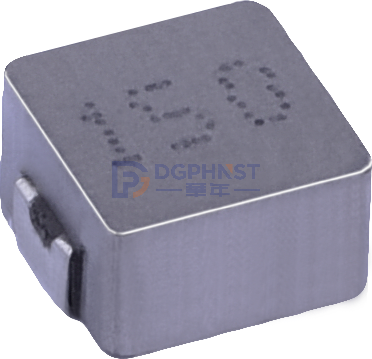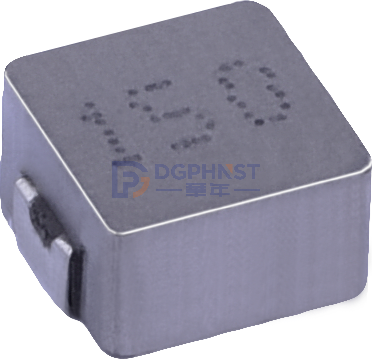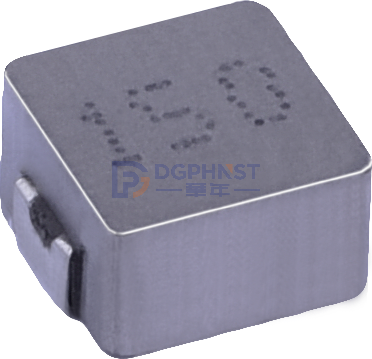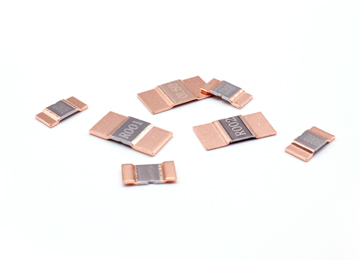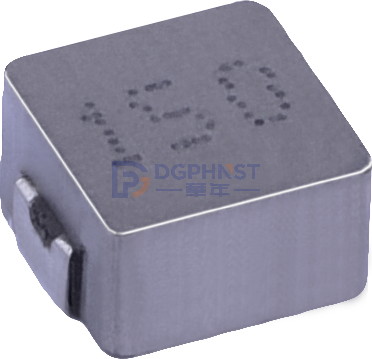In the field of electronic technology, resistors play a crucial role as basic components in circuits. Among them, high-precision precision resistors and precision resistors are highly favored by engineers due to their excellent performance and wide application fields. This article will delve into the definitions, characteristics, and differences between high-precision precision resistors and precision resistors, and explore their applications in modern electronic technology.High precision resistor recommendation: Elon ETR series.
Definition and Characteristics of High Precision and Precise Resistors
High precision resistors, as the name suggests, are resistors with high precision and precision characteristics. It is usually manufactured using special alloy materials or thin film technology to ensure the stability and accuracy of its resistance value. The resistance accuracy of high-precision precision resistors can usually reach ± 0.1% or higher, and even in some high-end applications, the accuracy can reach ± 0.01% or lower. In addition, high-precision resistors also have characteristics such as low temperature coefficient, low noise, and high stability, which can maintain stable performance in various harsh environments.
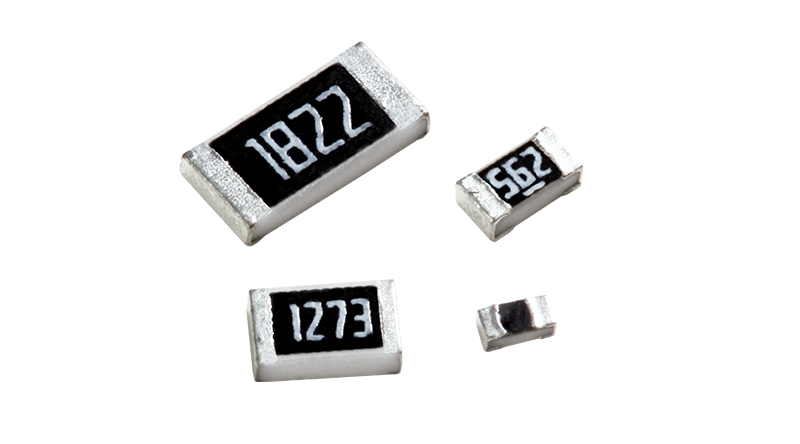
The application fields of high-precision resistors are very wide, including but not limited to precision measurement, medical equipment, communication equipment, aerospace, industrial automation, etc. In these fields, high-precision resistors can provide accurate current and voltage control, ensuring the stability and reliability of the circuit.
Definition and Characteristics of Precision Resistors
Precision resistors have higher accuracy and stability compared to ordinary resistors. Its resistance accuracy is usually between ± 1% and ± 0.1%, which can meet the needs of most precision electronic devices. Precision resistors are usually manufactured using techniques such as metal film, metal oxide film, or carbon film to ensure the stability and consistency of their resistance values. In addition, precision resistors also have characteristics such as low temperature coefficient and low noise, which can resist the influence of environmental changes on the resistance value to a certain extent.
The application fields of precision resistors are also extensive, including precision measurement, communication equipment, automotive electronics, industrial control, etc. In these fields, precision resistors can provide relatively accurate current and voltage control, ensuring the stability and reliability of circuits.
The difference between high-precision precision resistors and precision resistors
Although high-precision resistors and precision resistors overlap in definition and characteristics, there are still some significant differences between them. Firstly, the resistance accuracy of high-precision precision resistors is higher, usually reaching ± 0.1% or lower, while the accuracy of precision resistors is usually between ± 1% and ± 0.1%. This means that high-precision resistors have more advantages in situations where extremely high precision is required.
Secondly, high-precision resistors typically use more advanced materials and manufacturing processes, such as special alloy materials or thin film technology, to ensure the stability and accuracy of their resistance values. Precision resistors may use more traditional manufacturing techniques, such as metal films, metal oxide films, or carbon films.
In addition, high-precision precision resistors and precision resistors also differ in their application fields. High precision resistors are more suitable for applications that require extremely high precision, such as precision measurement, medical equipment, aerospace, and other fields. Precision resistors are more widely used in applications that require certain precision, such as communication equipment, automotive electronics, industrial control, and other fields.
conclusion
High precision resistors and precision resistors, as important components in the field of electronic technology, each have unique characteristics and application areas. With the continuous development of technology, the performance of these two resistors will continue to improve and their application fields will become more extensive. For engineers, understanding the differences and characteristics between high-precision precision resistors and precision resistors will help them better select and apply these components, thereby designing more stable and reliable electronic devices.


